Teacher Stories
Teacher Stories are inspiring stories by UvA teachers. These stories on various topics cover not only the teacher perspective, but also the student perspective. Expand your knowledge and get inspired by fellow teachers!
Would you also like to share a Teacher Story? Let us know via tlc-fmg@uva.nl.
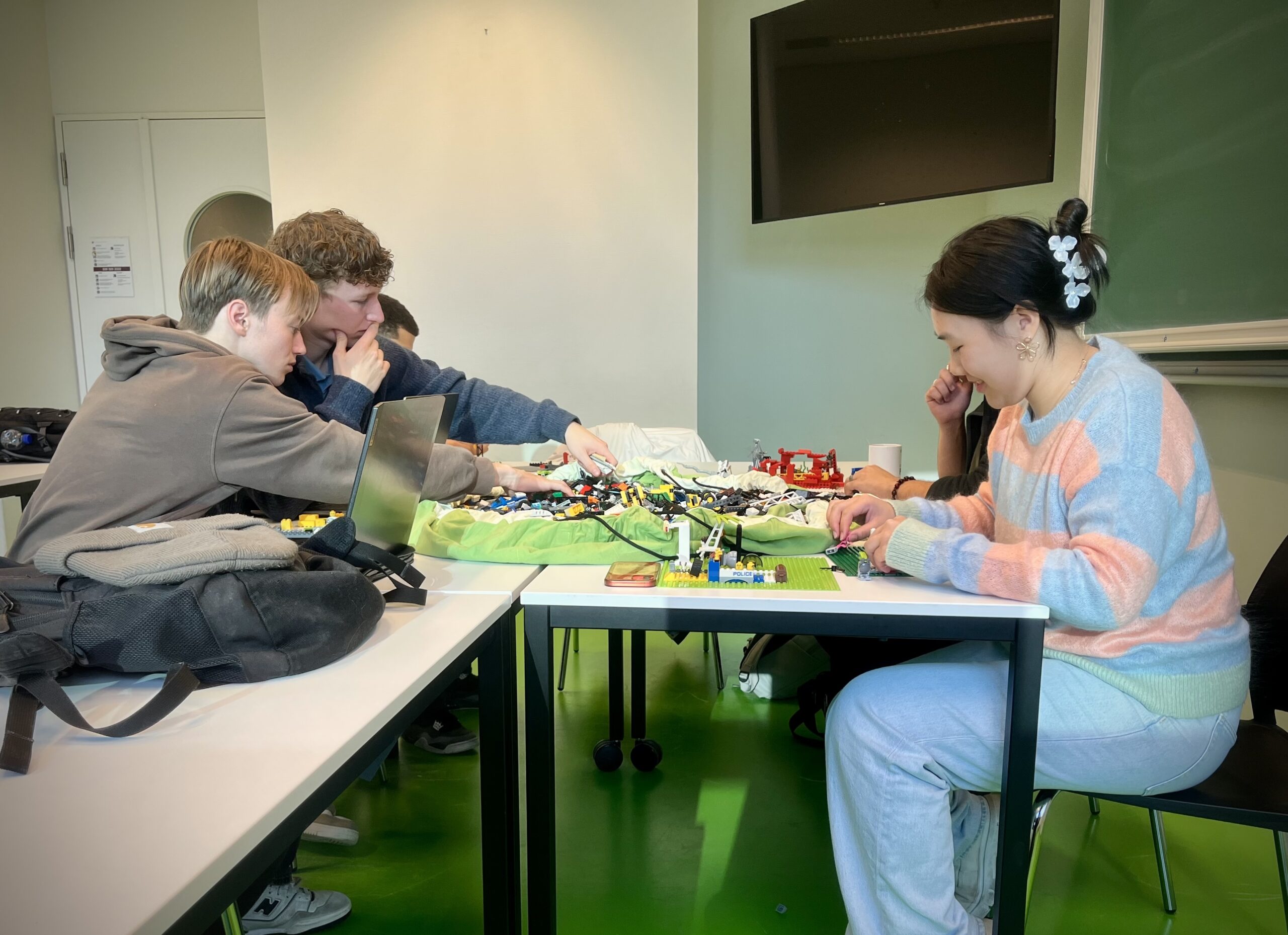
LEGO at the University: building blocks for creative and active learning
Lecturer Caitrín Crudden (SILS) recently introduced LEGO® Serious Play into her new course ‘Engineering Mammalian Systems’ to help students make complex biomedical systems more tangible.
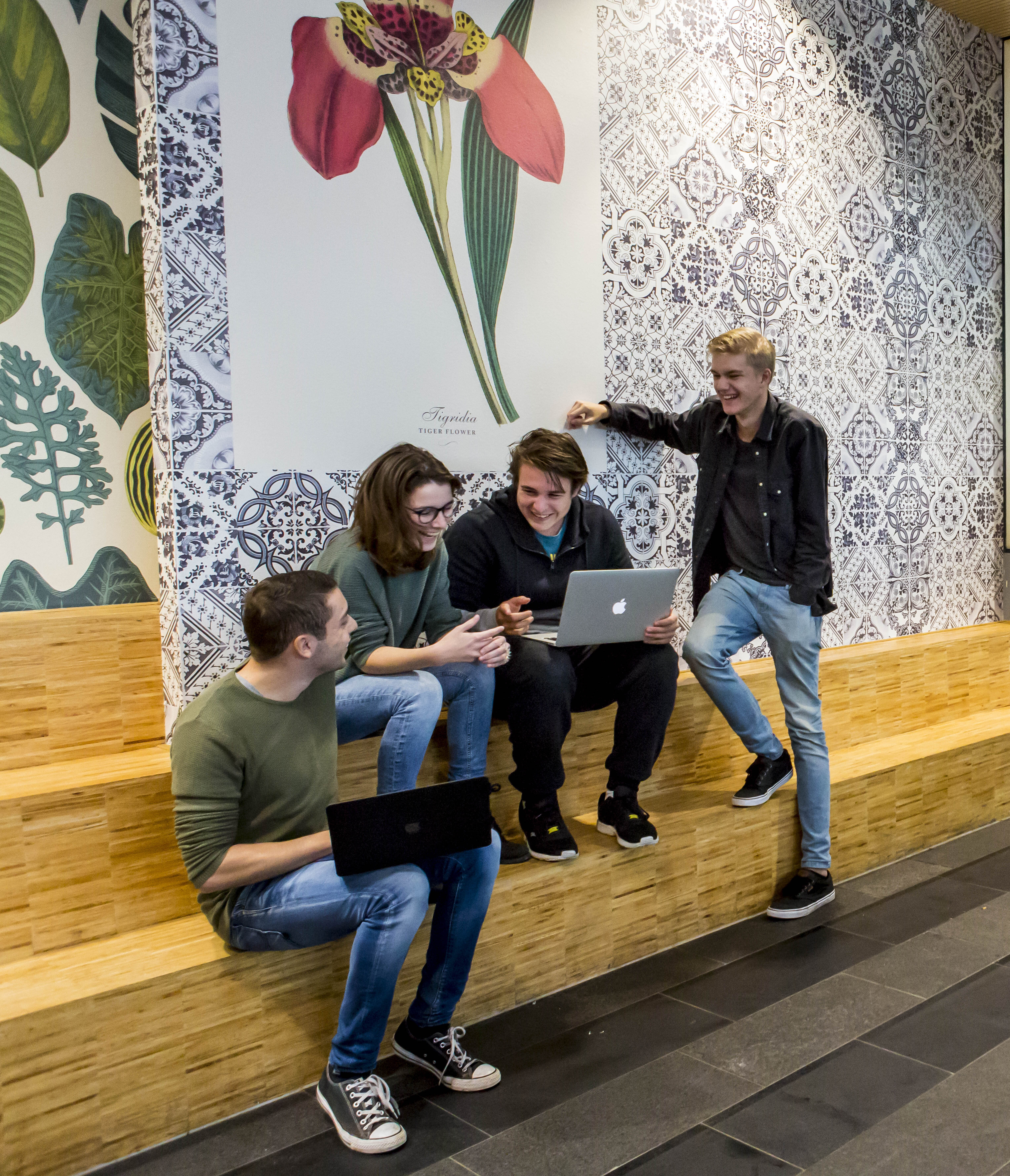
Teaching with AI: UvA AI Chat Sparks Independent Learning
Psychology lecturer Christa van der Heijden asked her students to actively use the UvA AI chat to look for new possibilities.

Using AI to Teach AI
How do you teach a course about the societal impact of technology. For Ildikó Plájás and Tina Harris in their Anthropology master course Designing In(ter)ventions into Human-Machine Entanglements, this meant making the UvA AI Chat an active participant.

Curing Case Study Fatigue with UvA AI
You have a fantastic case study — one that perfectly illustrates the core concepts of your course — but you’ve used it so many times that students are starting to greet it with a familiar sigh. So, Brandon Armstrong and his colleagues had a thought: what if we could keep the intricate power dynamics of the case, but wrap them in a fresh scenario that would be more engaging to our students? That’s when he turned to the UvA AI Chat to act as a creative teammate.
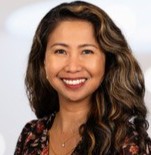
AI as an Exam Prep Assistant
What if an AI assistant could help you beat that blank page and get the ball rolling? Chei Billedo took part in the AI pilot program to see if the UvA AI Chat could help generate multiple-choice questions for the final exam of the Psychology of Misinformation course she teaches together with Anna Fenko. Her experience offers an interesting, real-world peek into the pros and cons of welcoming an AI into your course preparation.
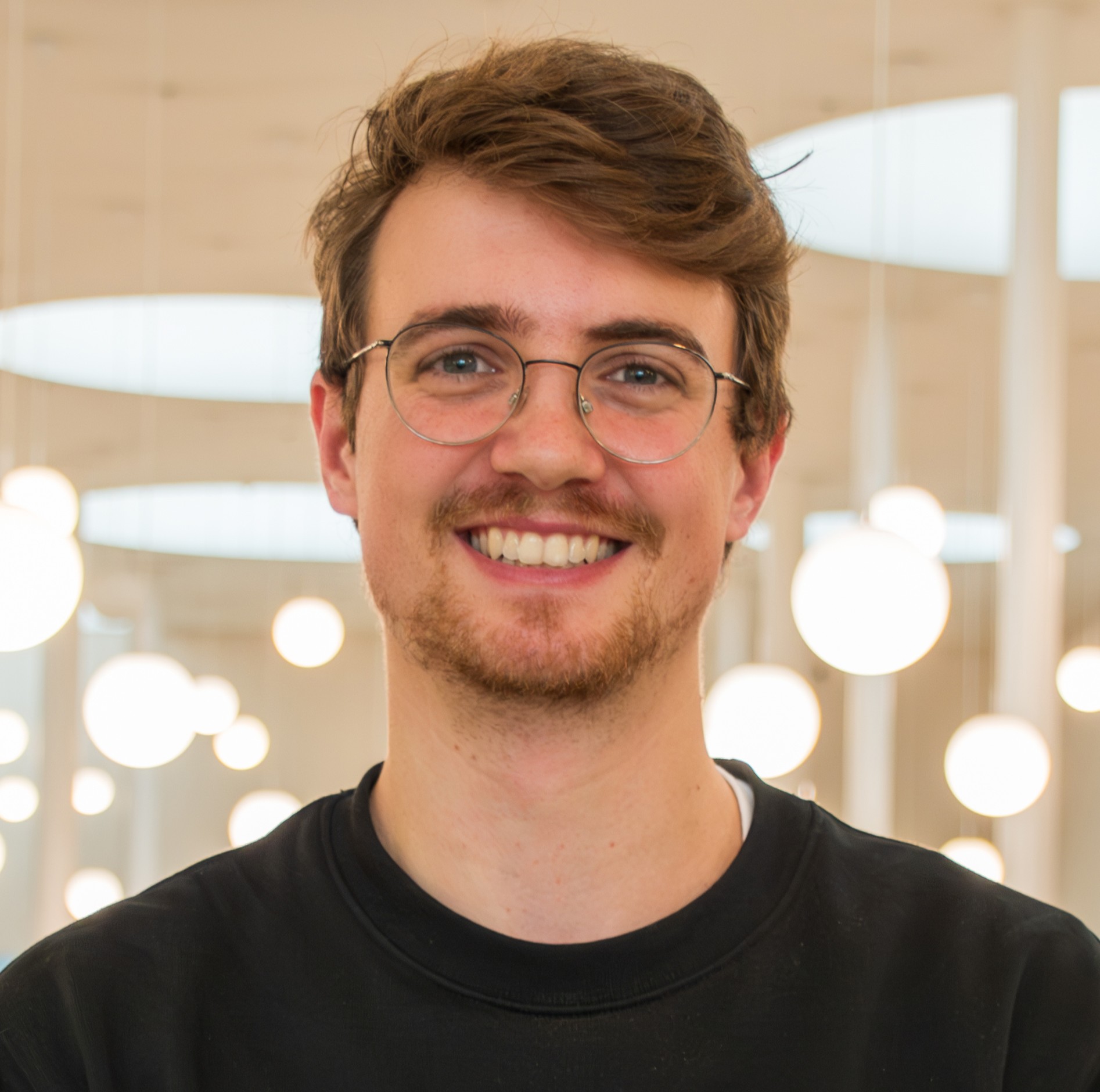
Piloting an Automated Feedback Pipeline with AI
Providing detailed, timely feedback on assignments can feel like an impossible task. Luke Korthals created a fully automated feedback pipeline to solve this problem. His cutting-edge project provides a powerful glimpse into the future of educational technology, along with a crucial warning for its use in the present.
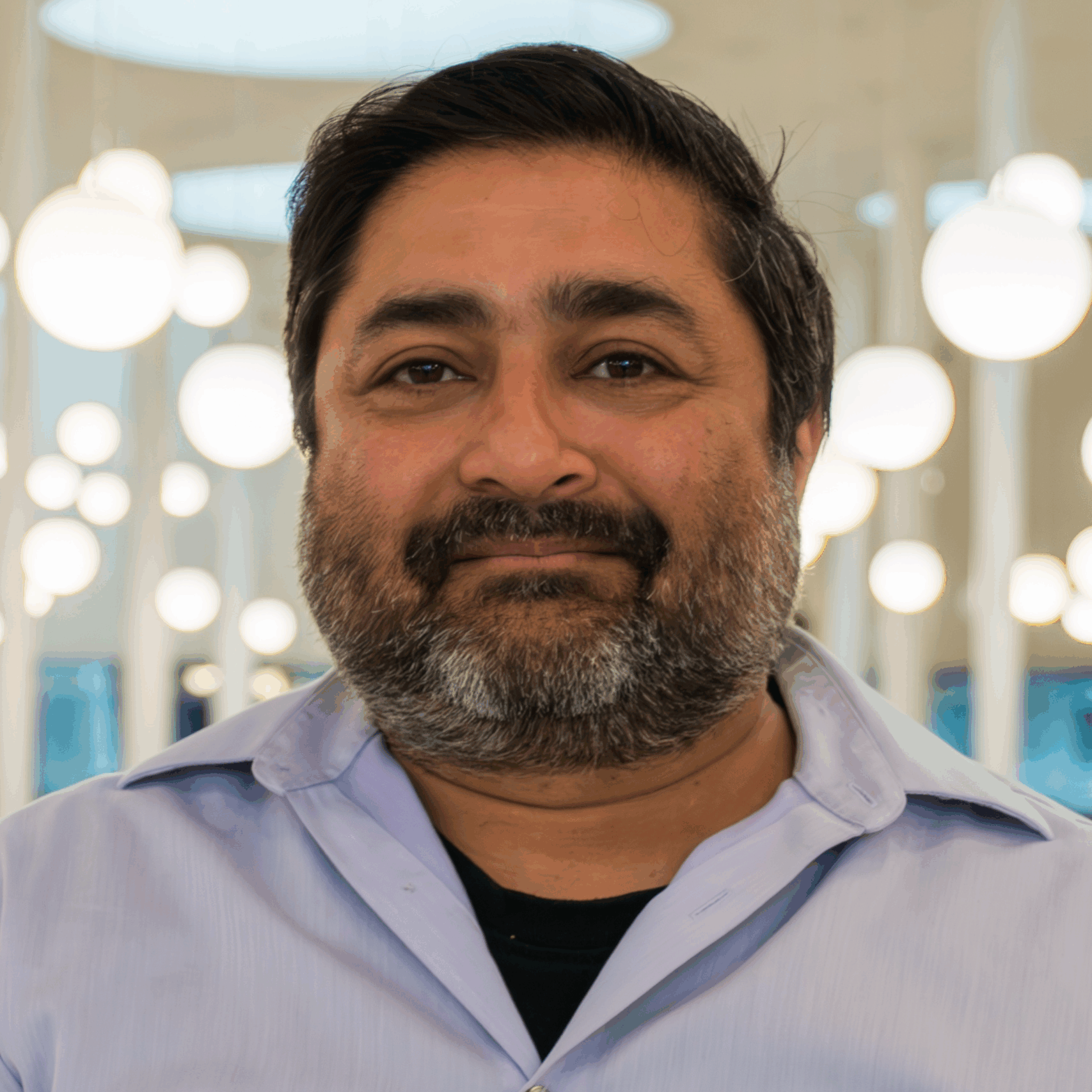
Tackling the manual with AI
Is there a manual for the manuals? Moss Shukla created a custom AI assistant, the BT Thesis Guru, to act as a friendly expert on the manual. His pilot project is a brilliant showcase of how AI Personas can make complex information accessible and save everyone valuable time.
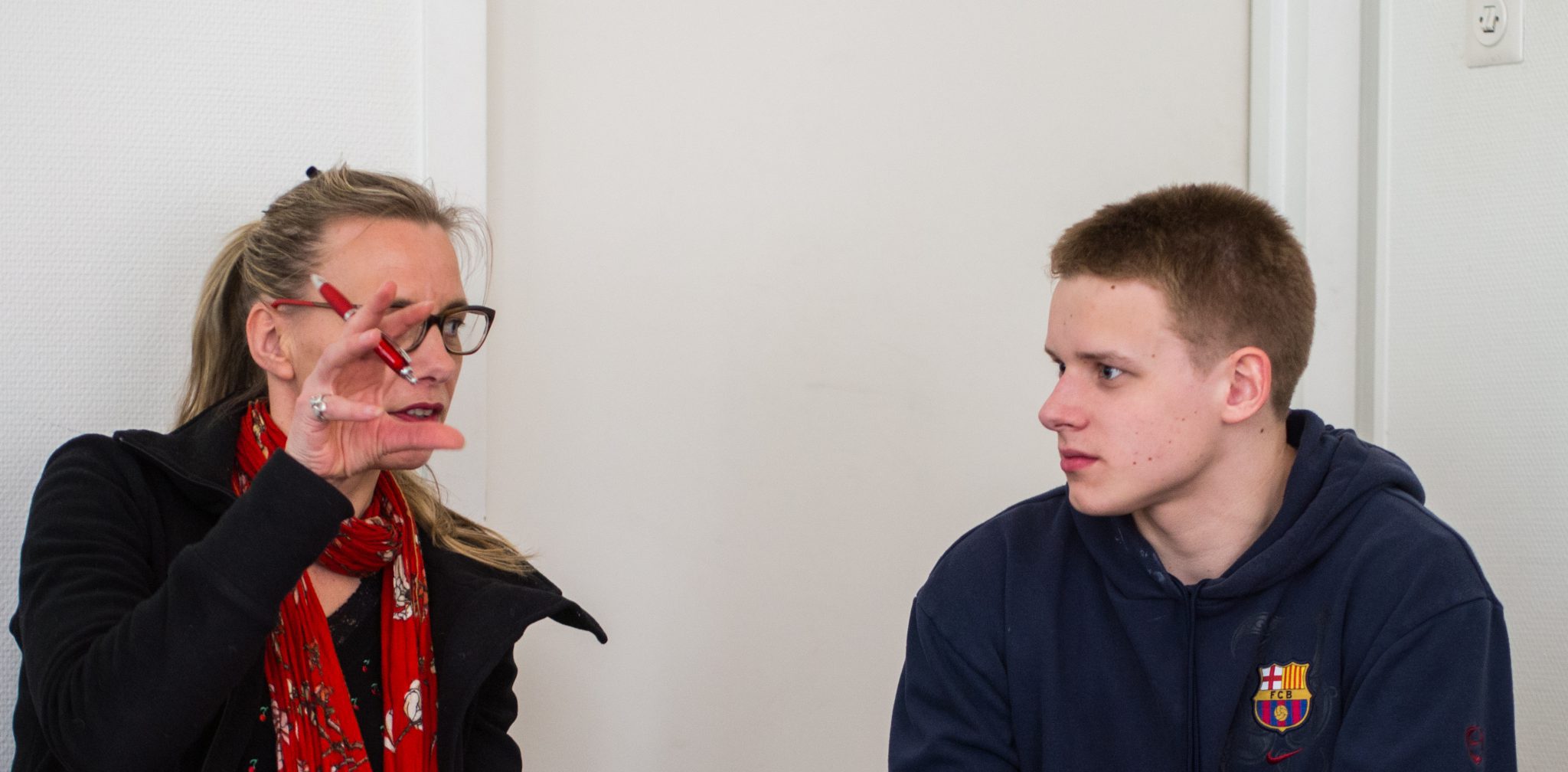
Oral examinations: good practices
Oral exams used to be frequent. In higher education, this assessment method has become less popular because of concerns about efficiency and reliability.

FRIS project: including neurodivergent students
Autistic voices are missing from both research and (research-based) education. UvA lecturer Dr Ileana Grama found this striking. Therefore, she wanted to develop a course on neurodiversity research. This became Neurodiversity: Participatory Action in Research and Education.

Visible Learning Trajectories Programme Sustainability track
Translate the programme’s sustainability ambitions into inspiring and concrete learning objectives, learning trajectories, teaching methods, and assessments.

Recap: Education Research Days 2024
Last July, the Education Research Days (ORD) 2024 took place in Tilburg, with the theme: Education of Value(s). TLC policy researchers Nynke, Lotte, Jet, Marije and Svenne were there and are happy to tell you more about it!

Teacher Story: Byron Adams on using the Visible Learning Trajectories tool
Teacher Byron Adams shares his experiences with implementing the Visible Learning Trajectories tool into his courses.






